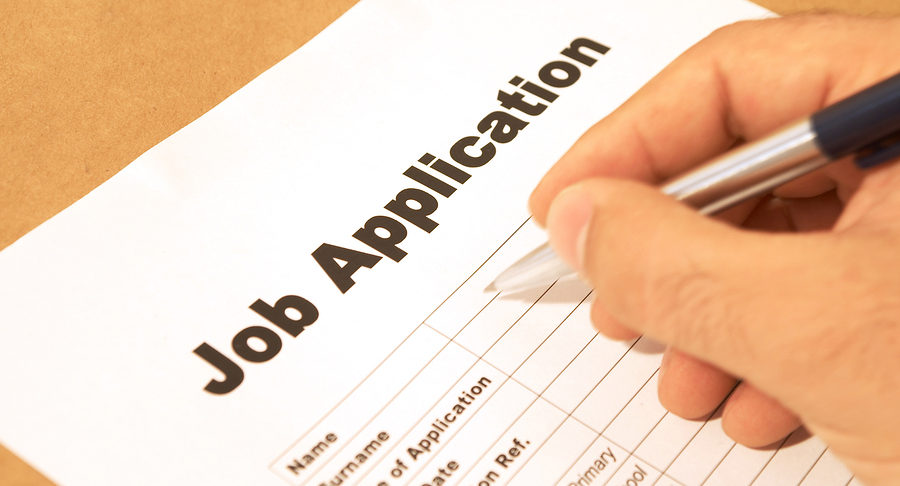Illinois has joined the various other states in their 2019 ballot initiative to legalize recreational and medical marijuana consumption. This means that Illinois residents, 21 years and older, are legally permitted to possess, transport, consume, and even cultivate cannabis. As a bordering state to Indiana, many Hoosiers want to know if they can visit Illinois, purchase marijuana products, and then bring them home to Indiana for personal use. This is a very relevant and predictable inquiry, as marijuana laws are constantly changing around the country every day.
Continue reading to learn what you need to know as an Indiana resident visiting Illinois.

Before Illinois enacted their cannabis legalization laws, possession of marijuana was a misdemeanor crime, punishable by 1 year in jail and $2,000 in fines. Trafficking and cultivation rendered even more serious penalties. But in June 2019, Governor J.B. Pritzker signed the bill after the ballot to legalize recreational adult marijuana use was approved by voters. So, Illinois state law now permits the consumption and possession of marijuana, whether with or without a medical marijuana card.
For Illinois residents, this means that, at any time, the state laws regarding marijuana can be overturned by Federal legislation. Right now, residents of the state can possess up to 30 grams of cannabis. The legal limit for cannabis concentrate is 5 grams, while the limit for cannabis-infused products, such as edibles or tinctures, is 500 milligrams of THC (the chemical that produces a high).
Indiana Marijuana Laws
As for Indiana residents who are visiting the Illinois, the law allows you to possess up to half of the amounts of Illinois residents. This means you can have up to 15 grams of marijuana, 2.5 grams of concentrate, and 250 milligrams of infused products. As for taking Illinois marijuana back home to Indiana, the law will stand in your way. Cannabis is illegal in Indiana across the board, and there is zero talk of legalization. This means that if you decide to visit Illinois and purchase marijuana, you CANNOT legally bring it back across Indiana borders. If you do, you are instantly breaking the law.
If you are caught by law enforcement, you will be arrested. However, there is some hope. Recently, the Marion County Prosecutor’s Office declared that it will no longer prosecute petty marijuana cases. Here’s what Prosecutor Ryan Mears had to say, “Too often, an arrest for marijuana possession puts individuals into the system who otherwise would not be. That is not a win for our community. (…) The enforcement of marijuana policy has disproportionately impacted people of color, and this is a first step to addressing that. (…) Our priority is violent crime. (…) We are not going to mess around with these small possession of marijuana cases.”
Get Help With Marijuana Charges in Indiana
Call David E. Lewis, Attorney at Law, at 317-636-7514 if you have been charged with a marijuana crime in Indianapolis or anywhere else within Central Indiana. He offers aggressive and experienced criminal defense for anyone facing criminal charges in Indiana. Don’t settle for an attorney that doesn’t have the drive. Attorney David E. Lewis will stop at nothing to protect your rights and preserve your freedoms. We also offer criminal record expungement services to help clean up your criminal history and improve your quality of life!










